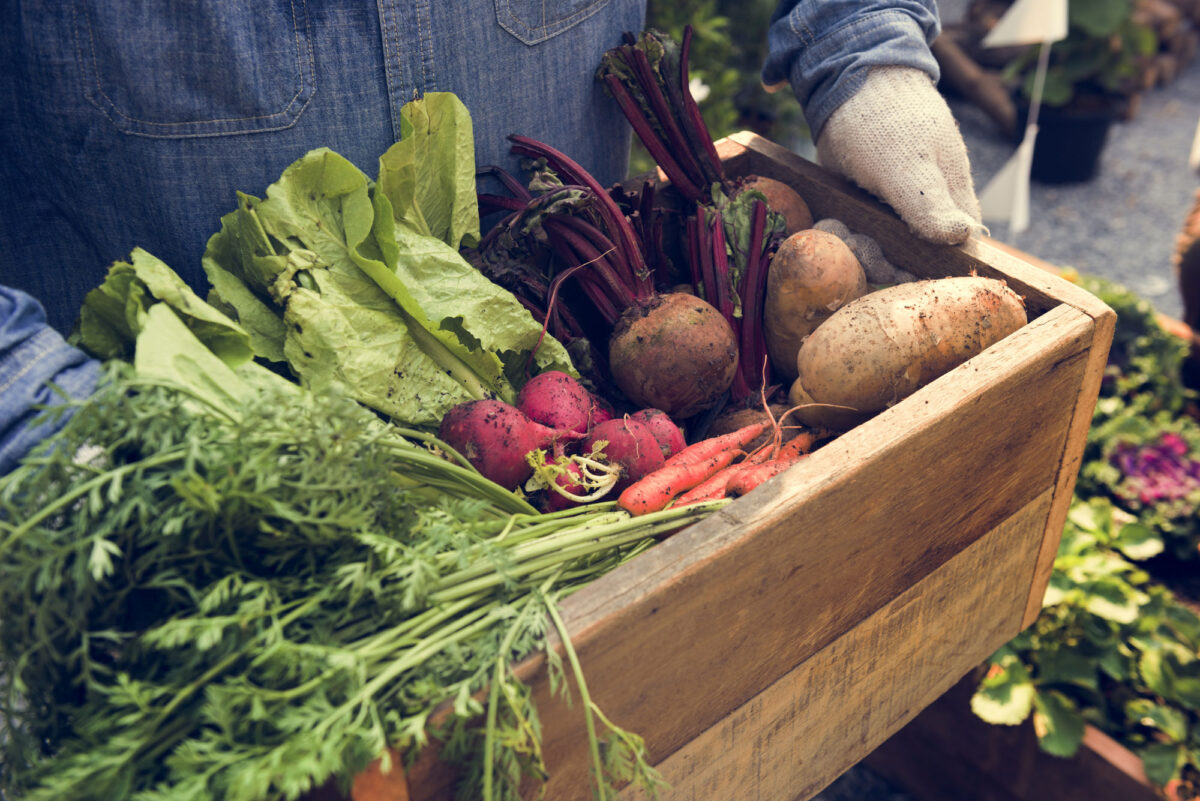Food
Swiss farmers produce high-quality food for Swiss consumers. The diversity of locally produced foodstuffs is remarkable and the number of products available is steadily growing. When it comes to their food, “Swissness” matters a great deal to Swiss consumers. Be it meat, vegetables, fruit and berries or grains for our bread, Swiss agriculture stands for sustainable quality.
Meat – quality and animal welfare take centre stage
In meat production, animal welfare and high-quality processes are key. The ceilings on livestock numbers are the lowest in the world and there are various voluntary animal welfare schemes and labels that increase the consumers’ trust in the quality of Swiss meat. A particularly successful example for near-natural production is meat from suckler cow husbandry.
As the quintessential land of cows, Switzerland is synonymous with milk, world-famous cheeses and other excellent dairy products such as yoghurt. Dairy products benefit from the fact that our grasslands produce enough feed for our cattle.
Swiss eggs are increasingly popular: hens lay more than a billion of them every year in this country. The egg is a masterpiece made by nature, it contains valuable nutrients and contributes to a varied and healthy diet.
Fresh fruit and crispy bread
In addition to animal products, farmers also produce a wide range of plant-based foodstuffs. Fresh and seasonal vegetables directly from the field or from an energy-efficient greenhouse are extremely popular with Swiss shoppers. Some vegetables such as the asparagus are in season for quite a short time. Others have good storability and are available all year round.
Juicy cherries, picked from the tree, or a crispy apple. Swiss fruit is delicious and a cornerstone of a healthy nutrition. The range of available fruit and berries has grown considerably in recent years. Particularly berries as the modern power food have taken Switzerland by storm. Strawberries, blueberries, raspberries, blackberries or chokeberries – the variety is endless.
Did you know that there is quite a bit of Switzerland in a can of Coke or Red Bull? Farmers who grow sugar beets make it possible. Swiss sugar, which is added to many popular soft drinks, is made from sugar beets.
Summer is the time when grains are harvested. Wheat is the most common among them – Swiss bakers us it to make lovely bread. Other Swiss bread specialities are made from spelt or rye. The consumer has the choice!
